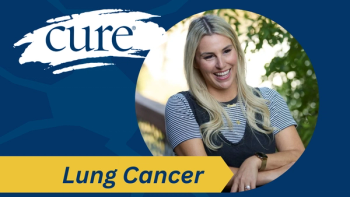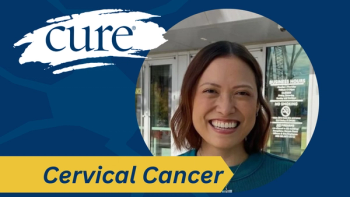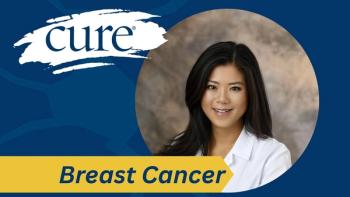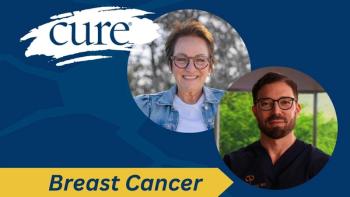
Education and Teamwork Are Key in the Treatment of MPNs
At the 2019 MPN Heroes® event Tammy Matuska, B.S.N., RN, known as the "lifeline to patients," was honored for her outstanding work for patients with MPN.
One of the nine honorees at the 2019 MPN Heroes® event, Tammy Matuska, B.S.N., RN, is known as “a lifeline to patients.” While she spends her days as a nurse coordinator at the Washington University School of Medicine in St. Louis, Missouri, Matuska strives to find new treatments and provide education, emotional aid and care for patients with a rare group of blood cancers known as myeloproliferative neoplasms, or MPNs: polycythemia vera, essential thrombocythemia, and myelofibrosis.
In addition to helping her patients with scheduling and paperwork, Matuska works after hours to ensure that her patients have access to proper care. She’s even spearheaded the organization of an informational dinner for patients and their families and is in the process of creating a support group for people with MPNs.
In an interview at CURE® magazine’s seventh annual event on Dec. 6 in Orlando, Florida, Matuska explained why education and teamwork are key to caring for those in the MPN community.
“I’m part of a team. It takes a lot of people to take care of these patients. We have research coordinators, clinic nurse coordinators, lab researchers; we all work as a team together on a cure for these MPNs and to take care of these patients,” Matuska said.
“Our community is very small. I like to raise awareness with other individuals that I work with, peers that don’t know what an MPN is. I’m constantly getting that: “What’s an MPN?”, so I love to educate other coworkers and also patients and family members on what MPNs are.”




